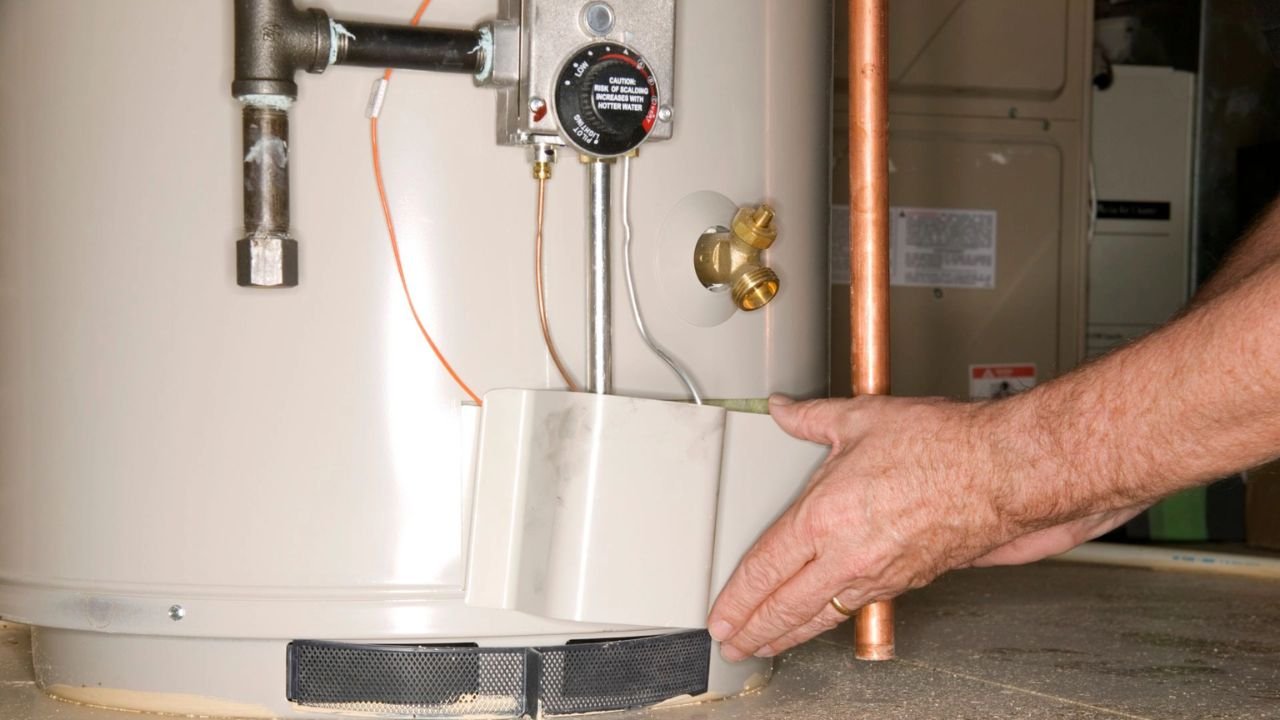Any household’s comfort and functionality depend on a working hot water system. Hot water is essential to daily life, whether you’re doing laundry, dishwashing, or taking a warm shower. Hot water systems, however, have a limited lifespan and will eventually require maintenance or replacement, just like any other appliance. Higher energy costs, erratic service, and even water damage can result from ignoring the warning indications of a malfunctioning system. Your water heater may be trying to communicate with you if it has been acting strangely. Early detection of the warning signs can help you keep your house warm and functional while preventing expensive repairs or unexpected malfunctions.
The Hot Water System’s Age
The age of your hot water system is one of the easiest ways to tell if it needs to be replaced. Tankless water heaters can last up to 20 years with regular maintenance, while conventional tank water heaters typically last 8 to 12 years. Even if it appears to be operating normally, it’s a good idea to start thinking about getting a replacement if your unit is getting close to or has passed this point. You’re probably spending more for hot water than you need to because older systems are less energy-efficient and more likely to break down. You can determine the age of your system and whether it’s time to upgrade by looking at the manufacturer’s label or your installation documentation.
Unreliable or Insufficient Hot Water Supply
Are you having cold showers all of a sudden? Is it more difficult for you to acquire hot water during busy periods? These are typical indicators that your hot water system is having trouble keeping up with the demands of the home. Particularly with older systems, sediment accumulation at the tank’s bottom can lower the tank’s capacity and effectiveness. This implies that heating the same volume of water requires more effort from the system, or worse, it produces less hot water overall. Improper installation or a broken heat exchanger can cause insufficient heating in tankless systems. It could be time to think about a more dependable and contemporary unit if temperature swings have started to become a frequent irritation.
Growing Energy Costs
Your hot water system may be the cause if your energy bills have been steadily rising without any noticeable shifts in your usage habits. To generate the same volume of hot water, an inefficient heater must work harder and longer, using more gas or energy. Since this performance drop is typically gradual, it is simple to ignore. But eventually, the higher running expenses may surpass the cost of a brand-new unit. This is why modern hot water systems can significantly lower energy use and save you money over time, especially if they include solar capabilities or high energy-efficiency ratings. It could be time to switch when your utility expenses begin to raise concerns.
Rusty or Discolored Water
In addition to being ugly, rusty or discolored water could indicate internal water heater degradation. The water becomes brown or reddish due to corrosion in the tank, which is typically the end of the road for hot water systems. Rust erodes the metal over time, increasing the risk of leakage and potentially tank explosions. Old pipes might be the cause of rusty water, but it’s crucial to identify the problem’s origin. Your water heater is probably the cause if the discolouration only happens when you use hot water. In these situations, changing the system is frequently the safest and most economical course of action.
Odd Sounds and Seepages
Your hot water system may be having problems if it is making strange noises like popping, pounding, or rumbling. Sediment accumulation, which solidifies as it heats and reheats over time, is frequently the source of these sounds. Your system becomes less effective and more vulnerable to damage as a result of the deposits that form. Furthermore, it is important to treat carefully any indications of water leaks near the unit. Leaks can result in higher utility bills, mold growth, and structural damage. If not addressed, even a small leak can grow into a big issue. The best course of action is to contact a qualified plumber to assess the situation if you hear continuous noise or see any kind of leak. Particularly with older equipment, replacement is frequently more prudent than repair.
Your home’s unsung hero is your hot water system, which quietly supports your daily activities—until it starts to malfunction. Don’t wait if your system exhibits any of these symptoms, but speak to a licensed plumber to evaluate your alternatives and be sure your next improvement will provide years of efficiency and peace of mind.



